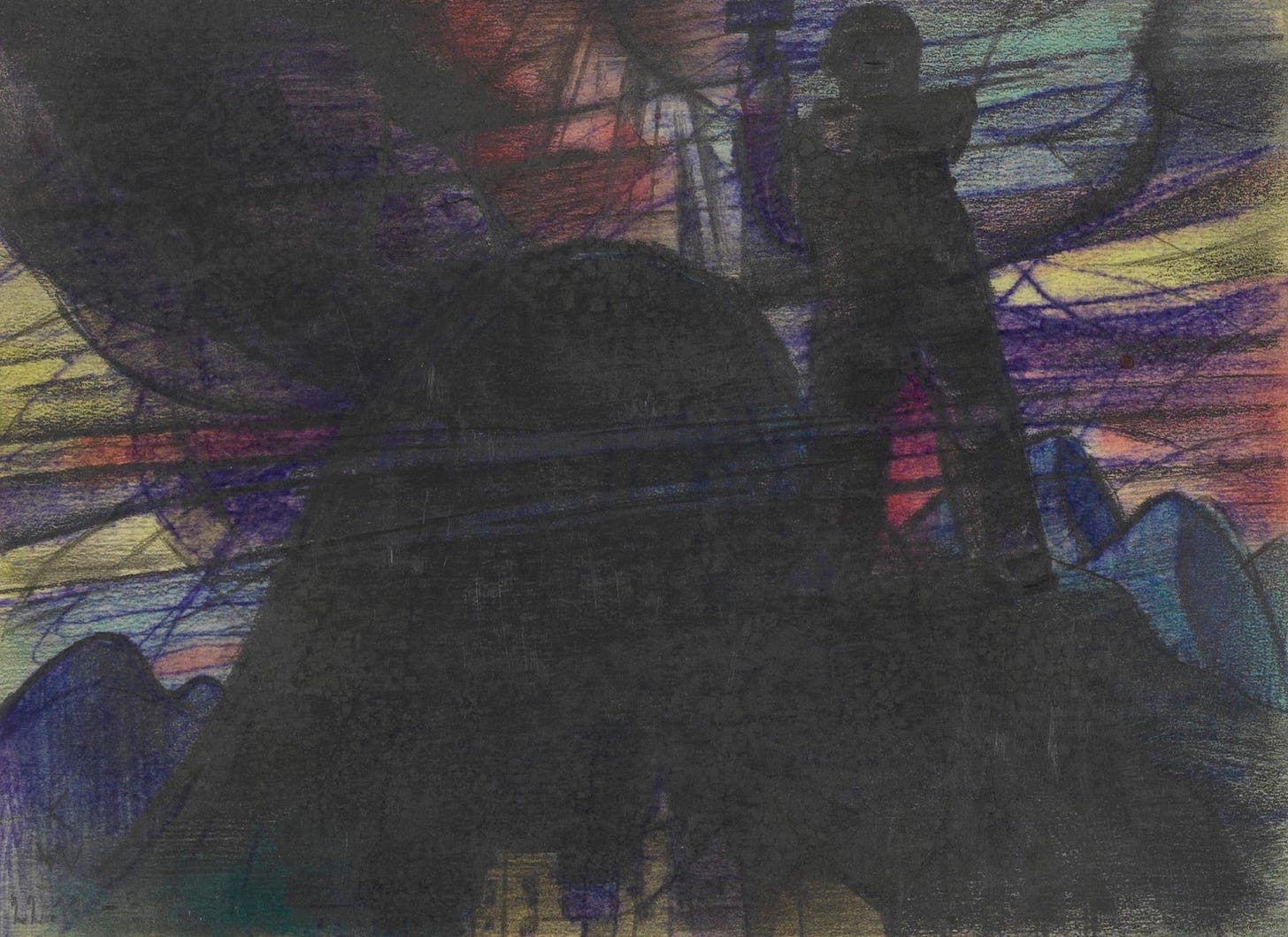Like democracy, fascism, and perhaps terrorism, liberalism is one of those things that seems to be in the eye of the beholder. To speak about liberalism—in its original, small-l form—is to invite confusion over the intent and even the identity of the speaker. Here, as elsewhere, the points of contention aren’t really about facts. They aren’t about defin…
Substack is the home for great culture




